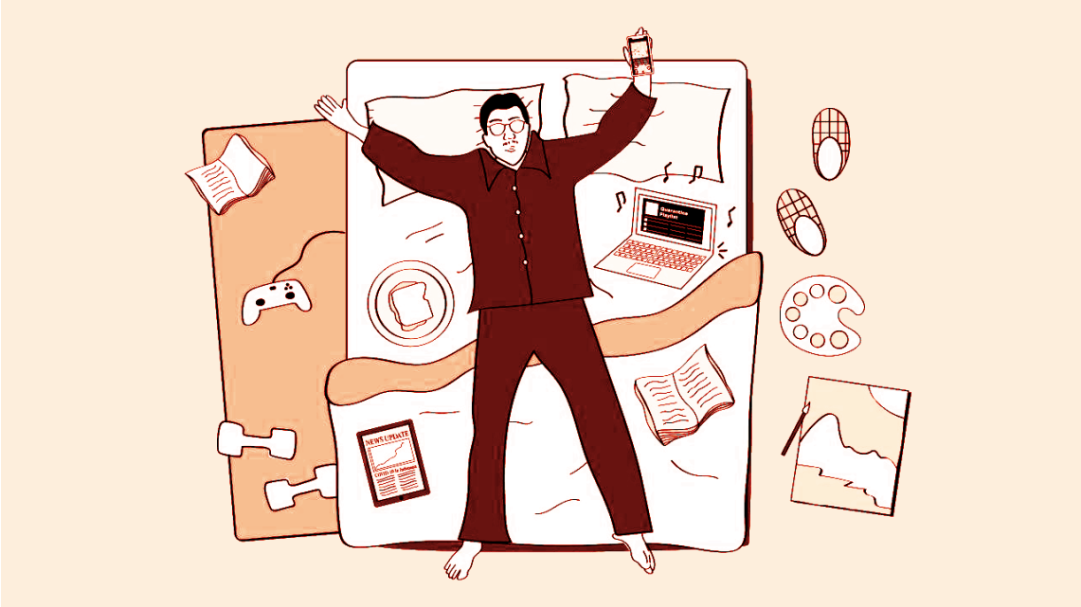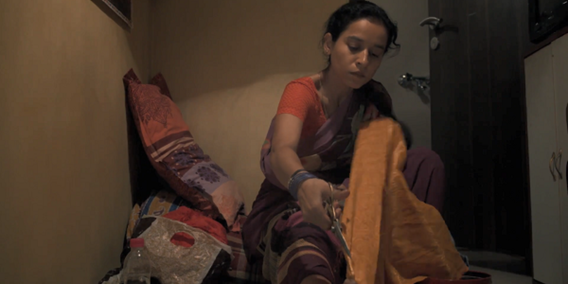If you have seen motivational speakers talking about hustling and thought to yourself “Wow, their life is so great!”, you are not alone. We have all had days where we have seen people around us, felt envious about them hustling – while all we can do is barely focus on work for maybe a few hours. This could be because of various reasons, including just – surviving a pandemic. Most of us don’t have the mental capacity to work incessantly, while others are forced to work without stopping because that’s how they make a living and have a roof above their head.
Another very important point that needs to be highlighted :
there is privilege in hustling… and then there is also privilege in not hustling.
The privilege to hustle comes from the fact that people who do hustle, usually have a life where they can afford to give 12-13 hours of their day to work and run towards their goals. There are others who cannot afford this for various reasons – mental health, physical disabilities, neuro-divergence, caregiving, people who do not have access to house help, or in short, are not as privileged and cannot reach milestones at the same pace as the normative population.
For them to see people putting up one achievement after another on social media, or even looking at motivational speakers talk about spending their whole day working, hustling, running and staying positive can be hard, demotivating and can only lead to feeling more shame and guilt about not working hard enough.
The other side of the argument (which, I am not going to lie, I was recently introduced to) is that not hustling is also a privilege. People who already have the privilege of money, a roof above their homes, and some amount of protection, have the option to rest. While others do not and cannot afford to take rest like others.
I understand both these perspectives. I also understand that both of them start and end at hustling – mainly because hustling means working on auto pilot, only looking at results, overlooking our own concerns and overworking.
Here’s a reminder that if hustling is an option, so is hard work. The main reason for highlighting the difference between hustling and working hard is to minimise effect of burnout on our physical and mental wellbeing and our efficacy of work. Hard work will help all, in different situations, and hustling might help some.
Here, hard work does not mean working all the waking hours or putting maximum effort, but this work also includes going according to our pace, needs and wants. Unlike hustle, the goal is not only to accomplish a task but to work towards them more mindfully. Even if that means making a step by step (realistic) guide on achieving something. Taking help when we need it and asking ourselves what we can do when we are stuck in a rut, compared to what we should do or what we have to do.
Work is important for everyone – and so are rest periods, even if the reason for the break is to be able to work effectively the next day, take care of our mental or physical concerns or to earn more money and to make a living. The problem does not seem to be with our view of privilege or work – but with hustling itself.
It’s okay if you have hustled, overworked or felt burn out. It’s a sign to pause and reevaluate. We hustle because we have all been taught to, we are told it’s important to work that way for survival, we see that everywhere. I have hustled too, I still have days where I work on autopilot and everything feels out of control. The important part is to catch yourself when you do, and be more mindful about it, and try to reflect on what is making us want to run toward achievement.
Remember that this isn’t a race, because in the long run (no pun intended), you are the only one running.
Meet The Author








